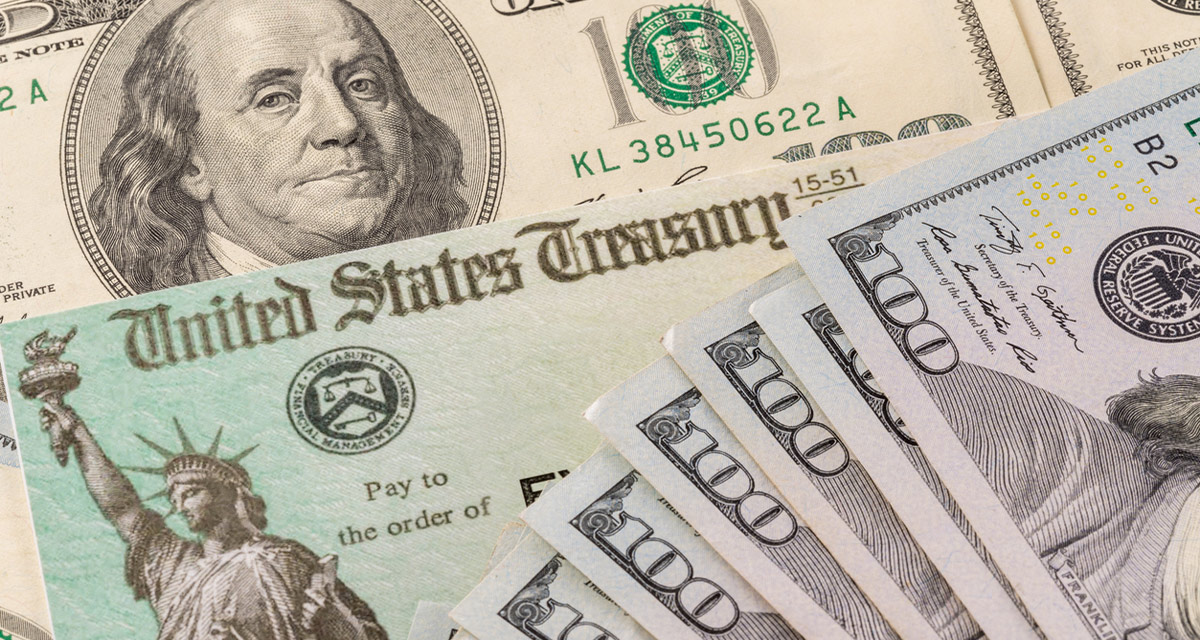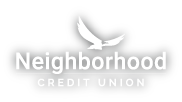Second Economic Impact Payment Headed Your Way
Quick Jump
Updated January 28, 2021:
The IRS will reissue 5.2 million Economic Impact Payments beginning this week; 2.8 million of those payments will be distributed by ACH Direct Deposit and the remainder will be sent by check. These payments are reassurances of prior payments sent in error by the IRS earlier this month. Once these payments are complete, no additional EIPs will be sent in this round, the Recovery Rebate claimed on a 2020 tax return will be the only option.
Updated January 5, 2021:
According to the IRS, those eligible but who don’t receive the payment for any reason, it can be claimed by filing a 2020 tax return in 2021. Remember, the Economic Impact Payments are an advance payment of what will be called the Recovery Rebate Credit on the 2020 Form 1040 or Form 1040-SR.
Updated January 4, 2021:
If the EIP deposit was pending but did not post, then the deposit has been rejected due to either an invalid account number or a charged-off account. Neighborhood Credit Union is currently reviewing these deposits and manually posting them as quickly as possible (by end of day).
Note: Information supplied in this article is current as of December 30, 2020. We will continue to update readers as soon as information develops.
Published December 29, 2020
On Sunday night, President Donald Trump signed the second COVID-19 relief bill. A second economic impact payment will be going out soon, and those who qualify as individuals will receive $600, qualifying couples will receive $1,200, and qualifying dependents (17 and under) get $600.
Who’s getting the second economic impact payment?
For most, you will be receiving a smaller amount than you received earlier this year. Those filing single making less than $75,000 and those who file as head of household making less than $112,500 are eligible for a check of $600. Those filing jointly and make less than $150,000 will get a total of $1,200. An additional $600 will go to families who qualify with children under the age of 17.
For individuals who make more than $75,000, heads of households who make more than $112,500, and joint filers who make more than $150,000, your economic impact payment will be even less. The further away from the cutoff amount, the smaller your economic impact payment will be.
Who is not getting the second economic impact payment?
Dependents older than 17, people without a Social Security number, and those with incomes above a certain limit will not receive a payment.
Your economic impact payment will decrease by $5 per $100 you make above the threshold. If you’re an individual who makes more than $87,000, you won’t get a payment. If you’re a couple with an income of more than $174,000, or a head of household making more than $124,500, this time you will not receive a stimulus check.
When will I get my economic impact payment?
The first official day the Federal Reserve will be releasing direct deposit funds is January 4, 2021. You may see a pending direct deposit in your account as soon as December 30, 2020.
Since the first round of stimulus checks, the government has found its footing and is far more prepared than they were in April, where many waited weeks or longer for their money. Fortunately, you may see this second check as soon as next week, as long as the government has your direct deposit information. If they don’t have access to your direct deposit, you can expect your check via the mail, which may take longer.
Do I need to do anything in order to receive the economic impact payment?
You don’t need to do anything if: you’ve filed taxes in recent years, are a disability or a Social Security beneficiary, or a disabled veteran. If you qualify for the economic impact payments, the government will use the information they have on file to send it to you.
If you received a paper check in the spring and haven’t updated the IRS with your direct deposit information since then, you will be receiving this second payment via USPS mail.
If you moved after April 2020: If you’ve changed addresses since the last round of payments or since you’ve filed your 2019 taxes, you should update your address with the IRS right away.
What if I need to update my bank account information with the IRS?
The IRS goes off the account you used to receive your 2019 or 2019 tax refund. If your direct deposit information has changed since then, you are unable to change it. The payment will be sent to the account that is on file. If it is a closed account, it will be rejected and then mailed to the address you have provided. The IRS doesn’t allow direct deposit account changes outside of filing your taxes to protect you from fraud.
Is the economic impact payment taxable?
No, this payment will not reduce you tax refund. This one-time payment is a refundable tax credit that is meant to offset your 2020 federal income taxes. Normally you cannot claim a tax credit until after you’ve filed your taxes, because you won’t know how much you owe until 2020 is over. Since COVID-19 has impacted our economy so severely, the government choose to give those who qualify their credits early.
Will I have to pay back the amount that was sent to me?
No, you will not have to pay back the economic impact payment. According to the IRS website, there is nothing that states that you will have to pay back the amount you receive.
An example directly from the IRS Website: If you received $600 for your child who, based on your 2018 or 2019 tax return met the qualifying child requirements and that child turned 17 in 2020 and no longer meets the qualifying child requirements, you will not be required to pay back the $600.
Or, if you received $600 for your child whom you claimed on your 2018 or 2019 tax return and you do not claim the child on your 2020 tax return because the child’s other parent claims the child, you will not be required to pay back the $600 even if the child’s other parent claims $500 for the same child on his or her 2020 tax return.
How Neighborhood Credit Union Can Help
If you need the extra money now, we can help. Money from a Personal Loan can be deposited directly into your account for immediate use.* Once deposited, you can check your balance just by logging into Online Banking or the MyNCU mobile app. Your account balance will appear on the home page. If you’d like to apply for a personal loan, but you aren’t a member, not a problem! We have low rates compared to our competitors, a variety of checking and savings accounts where each offers unique benefits, two top of the line credit cards, auto loans, home loans, and so much more. Become a member today!

*Must be 18 years of age or older and a member of Neighborhood Credit Union. Credit application and approval required. Loan amount will be determined by credit qualifications. Total repayment amount based upon amount borrowed, interest rate and amount of time it takes to pay off the loan. Offer valid for a limited time only. Must use promo code COVIDHELP on application. Does not apply to personal loans currently financed through Neighborhood Credit Union. Up to 90 Days No Payments based on credit approval and interest begins accruing the day the loan is funded.

Skyler has been a Marketing Content Specialist at Neighborhood Credit Union since 2019.
Who We Are
As an active part of the community for 93 years, Neighborhood Credit Union is a not-for-profit financial organization serving the state of Texas with branch locations in Collin, Dallas, Denton, Ellis, and Tarrant counties. With assets topping $1 billion, Neighborhood Credit Union has a continuously growing membership of over 60,000. For more information, call (214) 748-9393 or visit our homepage.

